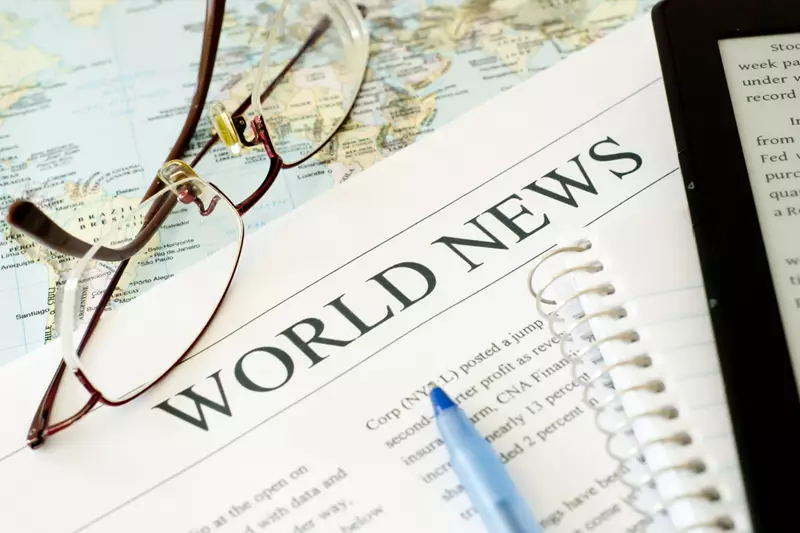China’s President Xi Jinping’s visit to Paris comes at a time when trade tensions between Europe and China are on the rise. French President Emmanuel Macron is expected to raise the issue of reducing trade imbalances with Xi during his two-day stay in France. However, the likelihood of achieving this goal is uncertain given the ongoing trade disputes between the European Union and China. France’s support for an EU probe into Chinese electric vehicle exports and Beijing’s retaliatory investigation into French brandy imports indicate the challenges ahead in addressing trade issues.
Despite efforts to present a united front, divisions within the European Union pose a challenge to influencing China. The absence of German Chancellor Olaf Scholz from the meetings in Paris highlights the lack of cohesive messaging among EU members. This lack of unity weakens the leverage that European leaders have when dealing with China. Macron’s attempt to engage Xi in discussions on trade and geopolitical issues may be hindered by the internal discord within the EU.
One of the key objectives of Macron’s meeting with Xi is to urge China to pressure Russia to cease operations in Ukraine. While China has some influence over Moscow as a key partner, progress in this area has been limited. Macron’s diplomatic efforts to engage Xi on geopolitical issues highlight the importance of aligning with European partners to address global conflicts. The significance of China’s role in international relations is underscored by the need for cooperation on pressing issues such as the conflict in Ukraine.
Macron’s gesture of taking Xi to the Pyrenees, a place of personal significance for the Chinese President, reflects a strategy of cultural diplomacy. By sharing these personal experiences, Macron aims to establish a rapport with Xi and strengthen bilateral relations. However, the extent to which such gestures can influence policy decisions remains uncertain. While personal connections can enhance diplomatic ties, the complexities of international relations require a multi-faceted approach to addressing trade, geopolitical, and cultural issues.
President Xi Jinping’s visit to Paris underscores the challenges and opportunities in EU-China relations. The discussions between Xi and Macron will likely touch on trade imbalances, geopolitical concerns, and cultural exchanges. The outcome of these meetings will shape the future trajectory of EU-China cooperation and influence global dynamics. As world leaders navigate complex geopolitical landscapes, the need for dialogue, cooperation, and mutual understanding remains essential in fostering peace and prosperity on the international stage.


Leave a Reply